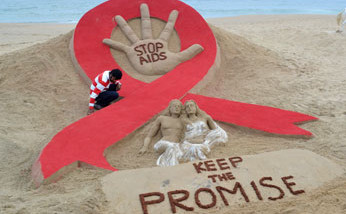Are you ready for Sex ? The FAQ’s
I think I’m ready. What should I do before I have sex? This is a great question. It shows that you’re taking the time to think through this decision. Here are some things to consider when deciding whether becoming sexually active is what’s right for you at this point in your life. It’s important to think about all the potential things that could happen if you have sex with someone. There are good things—pleasure, a feeling of closeness,
Read more



![IMG_2471[1]](http://watusayin.com/brc/wp-content/uploads/2014/04/IMG_24711-704x214.jpg)











